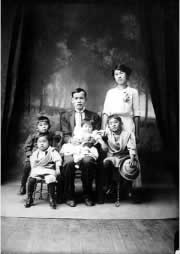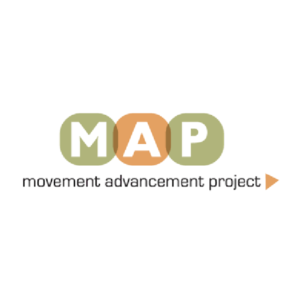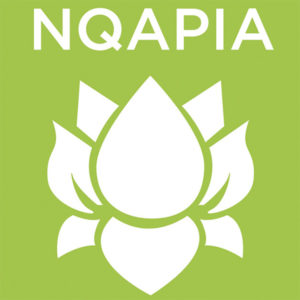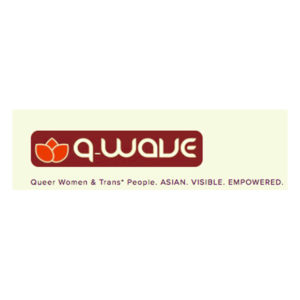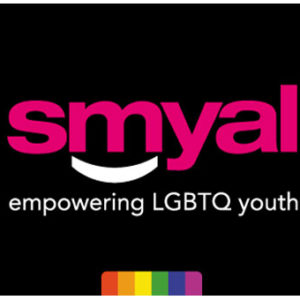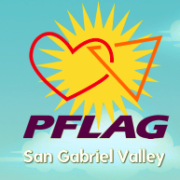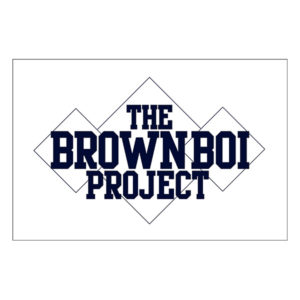https://www.visibilityproject.org/wp-content/uploads/WA-Asian-American-Curriculum.jpg
254
180
Hiloed_32
https://www.visibilityproject.org/wp-content/uploads/Logo-VP-Mia-Updated-White.png
Hiloed_322016-07-19 07:20:432018-04-25 23:47:04Asian Americans in Washington State
https://www.visibilityproject.org/wp-content/uploads/movement_advancement_project.png
600
600
Hiloed_32
https://www.visibilityproject.org/wp-content/uploads/Logo-VP-Mia-Updated-White.png
Hiloed_322016-07-19 07:20:432018-04-26 00:35:49Movement Advancement Project (MAP)
https://www.visibilityproject.org/wp-content/uploads/Logo-VP-Mia-Updated-White.png
0
0
Hiloed_32
https://www.visibilityproject.org/wp-content/uploads/Logo-VP-Mia-Updated-White.png
Hiloed_322016-07-19 07:20:432018-04-24 04:38:15Timeline of LGBT History // Wikipedia
https://www.visibilityproject.org/wp-content/uploads/Logo-VP-Mia-Updated-White.png
0
0
Hiloed_32
https://www.visibilityproject.org/wp-content/uploads/Logo-VP-Mia-Updated-White.png
Hiloed_322016-07-19 07:20:092018-04-24 04:40:24Injustice at every turn: A look at Asian American, South Asian, Southeast Asian, and Pacific Islander respondents in the National Transgender Discrimination Survey
https://www.visibilityproject.org/wp-content/uploads/Logo-VP-Mia-Updated-White.png
0
0
Hiloed_32
https://www.visibilityproject.org/wp-content/uploads/Logo-VP-Mia-Updated-White.png
Hiloed_322016-07-19 07:20:092018-04-16 23:13:59Transgender Equality Resource Page
https://www.visibilityproject.org/wp-content/uploads/Nqapia-logo.jpg
600
600
Hiloed_32
https://www.visibilityproject.org/wp-content/uploads/Logo-VP-Mia-Updated-White.png
Hiloed_322016-07-19 07:20:092018-04-25 05:52:21NQAPIA
https://www.visibilityproject.org/wp-content/uploads/q-wave.jpg
600
600
Hiloed_32
https://www.visibilityproject.org/wp-content/uploads/Logo-VP-Mia-Updated-White.png
Hiloed_322016-07-19 07:19:422018-11-30 01:32:26Q-Wave
https://www.visibilityproject.org/wp-content/uploads/SMYAL.jpg
340
700
Hiloed_32
https://www.visibilityproject.org/wp-content/uploads/Logo-VP-Mia-Updated-White.png
Hiloed_322016-07-19 05:44:262018-04-26 00:39:19SMYAL
https://www.visibilityproject.org/wp-content/uploads/PFLAG_SanGabrielValley.png
193
257
Hiloed_32
https://www.visibilityproject.org/wp-content/uploads/Logo-VP-Mia-Updated-White.png
Hiloed_322013-02-02 21:11:432018-04-28 01:53:29SAN GABRIEL VALLEY API PFLAG
https://www.visibilityproject.org/wp-content/uploads/BrownBoiProject.jpeg.jpg
600
600
Hiloed_32
https://www.visibilityproject.org/wp-content/uploads/Logo-VP-Mia-Updated-White.png
Hiloed_322013-02-02 21:10:192018-04-26 00:33:52BROWN BOI PROJECT
Scroll to top

